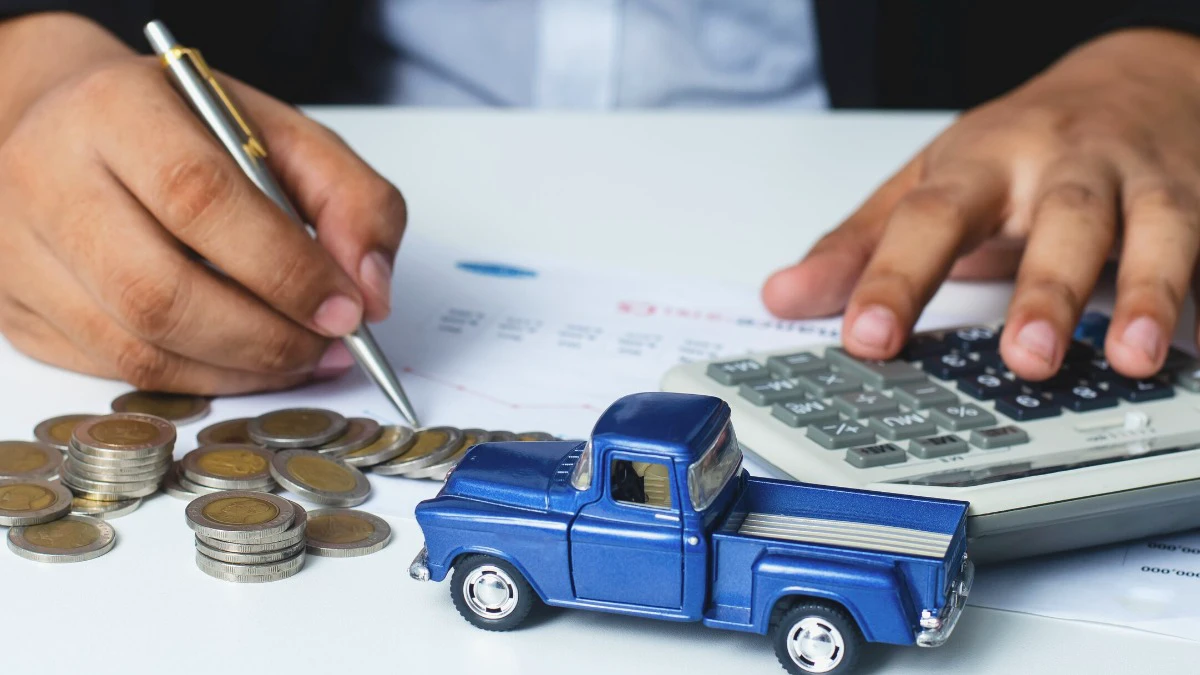Pay ₹13 lakh for a car, shell out ₹22 lakh to drive it. India’s middle class is sounding the alarm on a system that’s pricing them out of basic aspirations-like buying a car or a home.
A viral post on X has reignited debate over soaring taxes and a shrinking sense of economic fairness.
“The system is rotten,” wrote one user. “For a ₹13L car you pay ₹22L. To pay ₹22L, you need to earn ₹30L.” He added, “As a salaried class, if you cannot change the system then destroy the system. Don’t buy cars, flats, and plots.”
The post was a reaction to another user who broke down his recent car purchase: a ₹13.02 lakh vehicle that incurred ₹5.86 lakh in GST and ₹3.78 lakh in road tax. “That’s ₹9.64 lakh in taxes-74% of the car’s cost,” he wrote. “No wonder most can’t afford cars in India.”
The post struck a chord with India’s urban middle class, many of whom feel burdened by upfront taxes on vehicles, double-digit loan interest on homes, and rising costs across the board. It also sparked pushback.
“You don’t understand the system yourself,” another user replied. “You stop buying cars, they will raise charges for public transport and taxis. You stop buying homes, they will hike rents and deposits.”
The frustration underscores a deeper tension: as ownership becomes more expensive, even abstaining comes with penalties. Users argued that the middle class has little leverage because the system is designed to extract value at every turn-from GST to registration fees to stamp duty.
Housing isn’t spared either. “You take 80% home loan and an 8% personal loan just to pay registration tax,” the original post added.
For many, the dream of a car or home is becoming a financial trap.
But as calls grow to boycott purchases as protest, the reply was stark: “They can charge you tax on anything-how many things will you stop using?”
